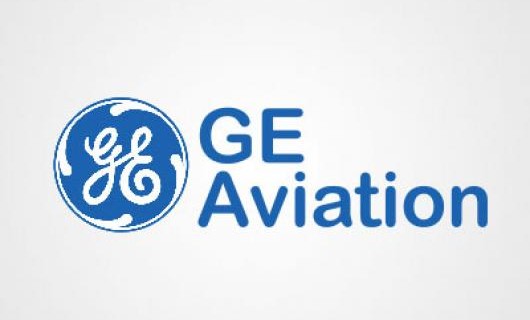GECAS may spend $4 billion on ship, chopper investments: CEO

GECAS, the world’s largest aviation leasing firm, is looking at investing at least $4 billion in ship financing and helicopter leasing to diversify its portfolio – a potential move that reflects concerns over the value of some current jets.
The aviation leasing arm of General Electric Co (GE.N) invests up to $7 billion annually to resupply and expand its portfolio of 1,700 aircraft, which are rented out to airlines in exchange for a monthly fee, and support its other aviation businesses.
But although there is record demand for new fuel-saving models of Airbus (AIR.PA) and Boeing Co (BA.N) narrow-body jets like the A320 and Boeing 737, GECAS is among those increasingly wary of investing in the models they will replace, as output starts to taper off.
“You have to be careful of the last-of-the line planes. We don’t want to buy as much,” GECAS Chief Executive Norman Liu said.
“But then we have to fill that gap unless we want to shrink. We are looking as they taper (production of existing models) to find replacement investments that are safe and secure.”
Lessors like GECAS – short for GE Capital Aviation Services – rely on assets holding a predictable value as a cornerstone of their business, even though steep discounts may make it attractive to buy the outgoing models.
Some fear the value of existing A320 and 737 models, the best-selling jets in the industry, will suffer from competition with new variants that burn up to 15 percent less fuel. But Airbus and Boeing say they continue to sell as planned.
Liu told Reuters GECAS could spend about $2 billion on buying and renting out helicopters to oilfield service companies and another $2 billion offering shipping loans through its debt financing activity.
He was speaking to Reuters ahead of a large gathering of aircraft traders, manufacturers and financiers in San Diego, California.
Airbus Helicopters, formerly known as Eurocopter, has said leasing is beginning to take off in the sector.
“I think it is an area of potential interest. It is a different distribution process because of the different client base but it is something where General Electric has an existing rotor engine product,” said Liu.
“We would like to get some scale over time – a couple of billion. On the other hand we want to do sensible deals; we could just do some loans through our PK AirFinance group.”
Helicopters sell for about $20 million each, he said.
In shipping, GECAS is not interested in getting its feet wet by buying cargo vessels and competing with the industry’s many formidable tycoons, but would be interested in filling a lending gap left by European banks with roughly the same sums involved.
The annual meeting of ISTAT – the International Society of Transport Aircraft Trading – which started over 30 years ago as a meeting of jet scrap dealers and now attracts well over 1,000 people in the booming air finance industry, is being held amid fresh jitters in the world economy, notably emerging markets.
“Long-term that is where the action is. As long as average GDP growth remains above 3 percent, the market should balance itself out, but there is no margin for error,” said Liu.
The leasing industry is in the midst of one of its periodic shake-ups after Dutch-based AerCap Holdings (AER.N) bought GECAS’s main rival, International Lease Finance Corp, from insurer American International Group Inc (AIG.N).
Both GECAS and AerCap trace their roots to the collapsed leasing empire of Irish leasing baron, Tony Ryan, 20 years ago.
GE Capital bought $1.3 billion of prime assets and struck an agreement to manage most of the rest to form GECAS – a marriage of “metal and money” that Liu said combined Guinness Peat Aviation’s (GPA) hardware with GE’s balance sheet.
The remaining core of old GPA was later acquired by AerCap, which is now the main competitor to GECAS under Chief Executive Aengus Kelly. After an industry boom, both executives have signaled a relatively cautious approach to buying new jets.
Liu said GECAS is studying Boeing’s planned new 406-seat 777-9X for which parent GE makes the engines, but has no immediate plans to place an order. The aircraft is due to enter service in 2020, meaning those ordering now face substantial bills for inflation adjustments, industry experts say.
He was non-committal on whether the lessor would order a possibly re-engined version of the Airbus A330 to be called A330neo, but said the market would be relatively limited in scope. Airbus is expected to make a decision on whether to upgrade its most profitable wide-body jet this year.
(BY TIM HEPHER AND BILL RIGBY)
(Reporting by Tim Hepher and Bill Rigby; Editing by Edwina Gibbs)
Source: reuters





























